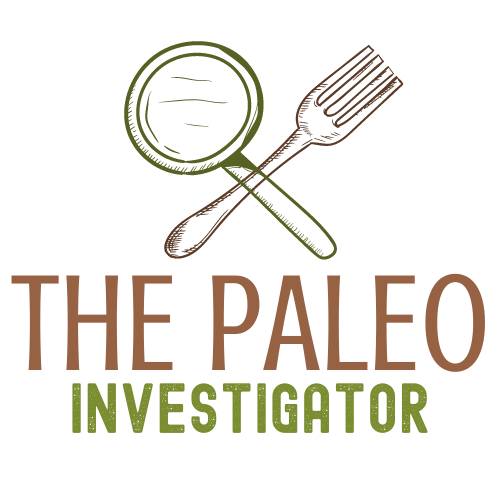Despite the three-meals-a-day structure perpetuated by almost all media outlets, the workforce and schools, people should actually be eating five meals a day, and snacking intermittently. By splitting up your food intake throughout the day, you can actually boost your metabolism, increase your energy levels and improve your overall health. That said, not all snacks are created equal. To benefit from between-meal snacking, there are certain foods you should reach for, and others to avoid.
Mixed Nuts
Whether you’re a nut connoisseur or you are of the stance that these itty-bitty bites of protein are bland, there is no denying that mixed nuts are among the best afternoon snacks you can munch on. Not only do must nuts come with a host of health benefits — including cancer, mood disorder and disease-fighting properties — but also, they can help you overcome the dreaded midday slump. This is due in large part to the high amounts of protein, healthy fats and fiber found in most nut varieties. As a bonus, nuts can help you lose weight, providing a guilt-free way to snack.
Dark Chocolate
Are you looking to flavor up those almonds, macadamia nuts or pistachios? Consider coating them in dark chocolate and keeping them within easy reach whenever you crave something sweet. Dark chocolate is loaded with flavanols that help to reduce one’s risk of heart disease and lower blood pressure. It also contains high amounts of magnesium, which support muscle and nerve function and boost energy production.
Fruit
Full of natural sugars, protein, fiber and other health-promoting nutrients, fruit is one of the best midday snacks you can eat to refuel and satisfy your cravings. While you can’t go wrong with most fruits, some of the best sources of energy-boosting and health-contributing properties include bananas, apples, berries, avocados and oranges.
Vegetables
Vegetables, as you well know, are a key source of fiber, protein, antioxidants and other nutrients that have been proven to boost blood flow throughout the body and increase energy production. Because of the high protein levels, they also satisfy hunger cravings for far longer than what packaged snacks can accomplish.
As with fruits, you cannot go wrong with most vegetables as a snack. However, some veggies pack a bigger punch than others. Those include dark leafy greens, carrots, yams and sweet potatoes, tomatoes and beets.
Whole Grains
If you crave something substantial and more “snacky” than fruits or veggies, turn to your whole grains. Oatmeal, which is rich in fiber, is a great snack for restoring the body’s energy. It also helps the body to feel full for longer.
Popcorn is another healthy, albeit unconventional, snacking choice. Popcorn provides snackers with the same satisfaction as, say, a bag of potato chips. However, because it contains high amounts of fiber, it helps people to feel full for much longer. It also contains far less calories than the average chip bag.
Dairy
Certain dairy products, such as Greek yogurt, cottage cheese and certain cheeses are all rich in protein, healthy fats and simple carbohydrates. These products, when combined with other ingredients, can be incredibly tasty and have tremendous health benefits, including sustained energy, weight loss and improved heart health.
Foods To Avoid
While the above snacks are great for sustained energy and improved health, there are some that can cause you to crash shortly after eating them, and that contribute little to nothing to your health. Those are as follows:
Fried or fast foods
Foods with added sugars
Candy and other packaged sweets
Baked goods, such as muffins, cupcakes and pastries
Snacking can be healthy. However, to realize the full health benefits of your snacks, make sure they fall within one of the above six categories.

Your dairy and grain seem non-paleo
I enjoyed Your Article Very Much